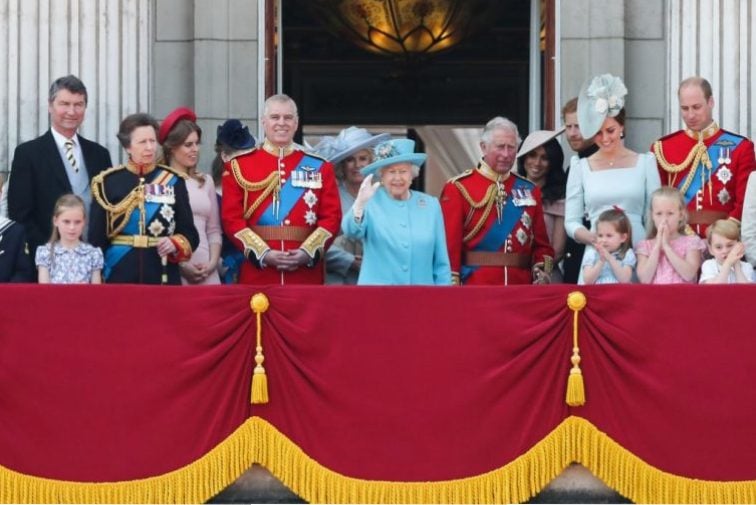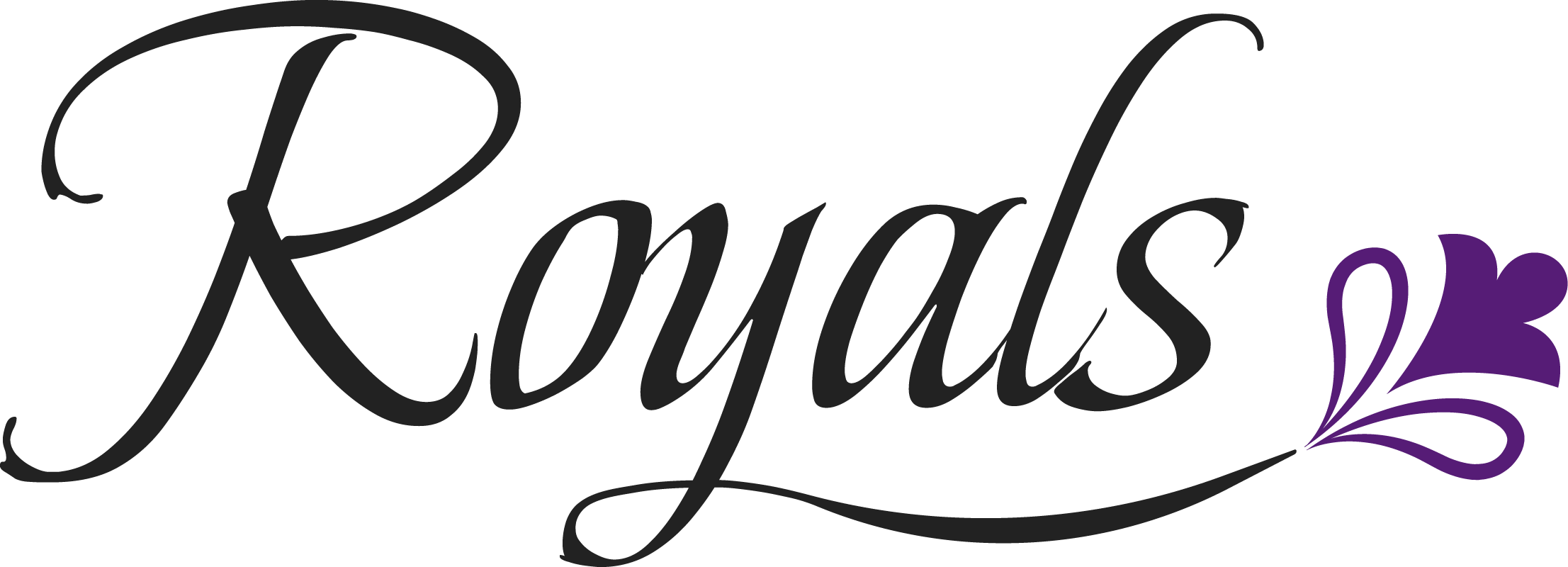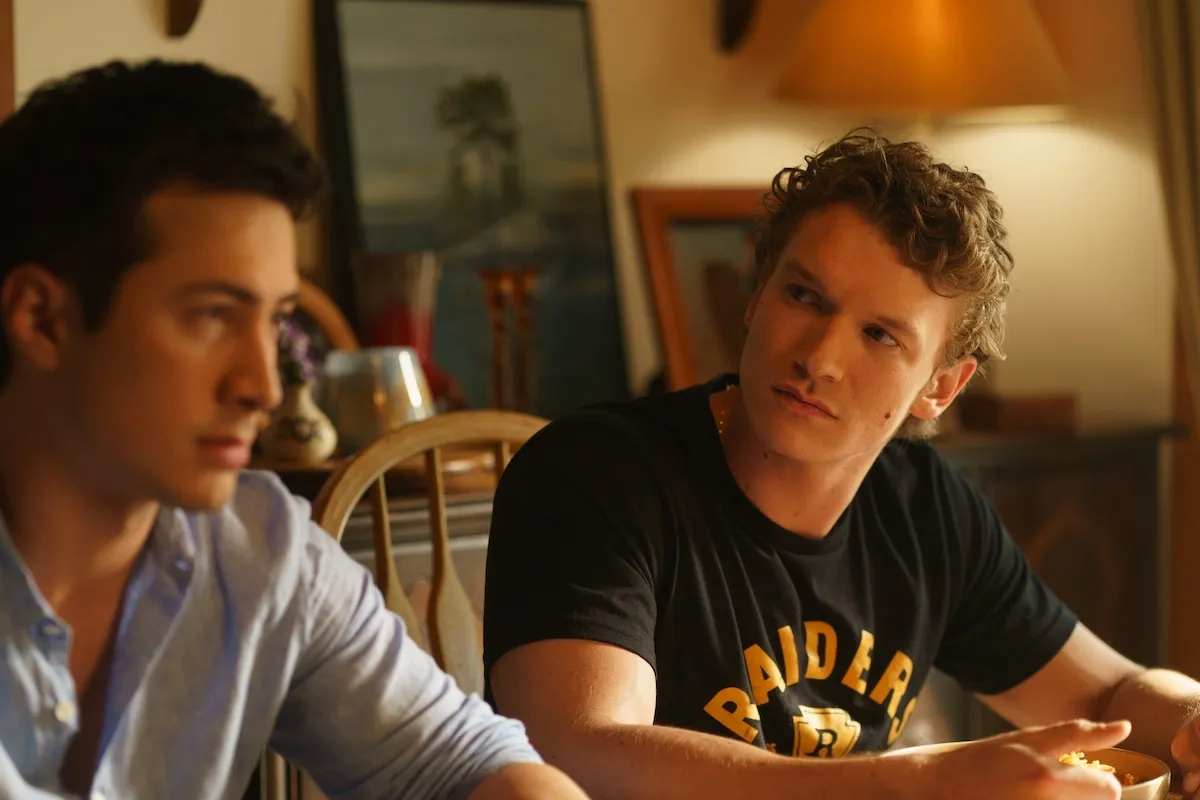Royal Family Titles Explained: Here’s How The Queen Chooses Official Royal Titles
It’s hard to talk about Prince Harry, Prince William, and other members of royalty without drawing attention to their official titles. After all, they are like second names to royals. And, in some cases, they dictate their ranking within the family. In the past, royal family titles explained a region of land owned by a royal. But, in modern times, peerages are more honorary.
Curious to know how Queen Elizabeth II chooses official titles? We’ve got the royal family titles explained, ahead.

Royal family titles explained
Let’s face it: The royal family’s official titles are complicated and confusing. Some are dukes and duchesses, others are Earls and countesses, and some even receive special dukedoms based on their place in line to the throne. Need the royal family titles explained? Keep reading.
Only the monarch can grant certain royal titles
With the exception of knighting — which Prince Charles and Prince William occasionally do — the monarch is the only one who can grant royal titles. That’s especially true for high-ranking ones like dukedom.
Sons and grandsons of the monarch are eligible for dukedoms
In the royal family, only the sons and grandsons earn dukedoms — aka the highest ranking title. Which explains why Jack Brooksbank did not become a duke upon marriage to the queen’s granddaughter, Princess Eugenie. And, also why Princess Anne’s husband, Sir Timothy Laurence is not a duke.
Wives inherit their husbands’ titles
Despite recent attempts at gender equality, the royal family still sticks to certain male-oriented traditions. That’s especially true when it comes to royal family titles. Unless they receive a royal family title of their own — such as Princess Anne, who is Princess Royal — wives inherit their husband’s titles. For example: On his royal wedding day, Prince Harry received his Duke of Sussex title, so Meghan Markle is automatically the Duchess of Sussex.
Not everyone receives a high-ranking royal title
Not everyone in the royal family receives a dukedom — even if they are a son or grandson of the monarch. Case in point: The queen’s youngest son, Prince Edward is Earl of Wessex.
The heir apparent has its own set of titles
In the royal family, the heir apparent has a host of special privileges — including royal titles. The Prince of Wales is an official royal title held exclusively for the heir apparent. And, Duke of Cornwall is reserved for the monarch’s eldest son (which typically is an heir apparent). However, both titles are not inherited. Instead, they must be given through an official ceremony.
Availability is key
When it comes down to it, the queen — or whoever is monarch — counts on availability when choosing official royal titles. Which, can get tricky since there allegedly aren’t that many available names to choose from — especially when it comes to dukedoms.
The monarch also considers the reputation
When choosing a baby name, royal parents often choose family names and think about its reputation. Chances are, the queen likely considers this when selecting an official title, too. For example, some believe she chose Duke of Cambridge for Prince William because the last person with that title married a commoner for love.
Check out The Cheat Sheet on Facebook!



